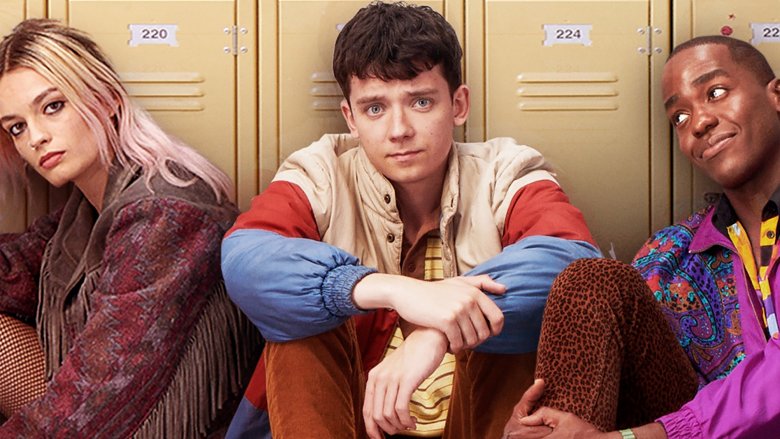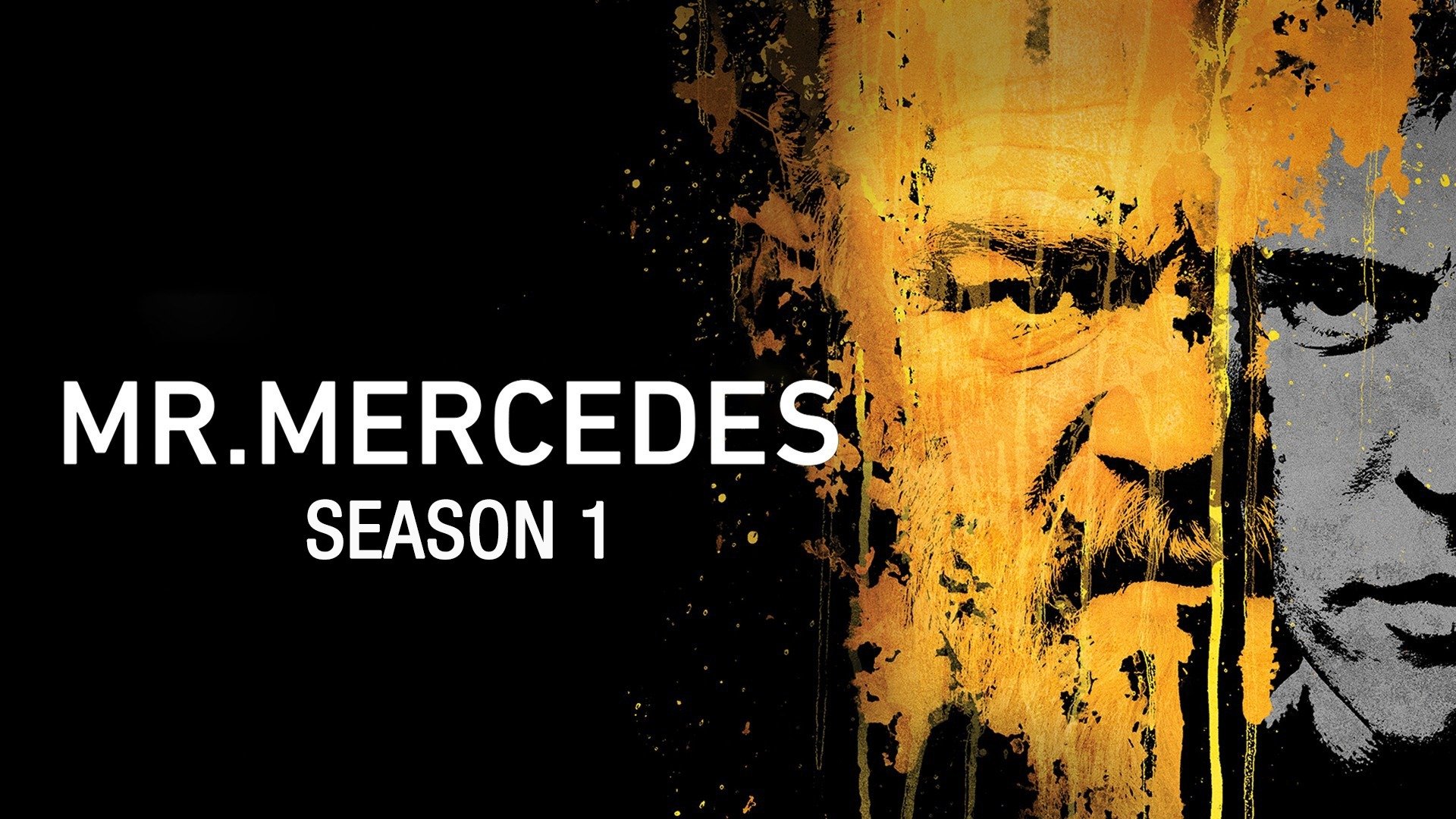I've not done a recap of the TV I've been watching for a while, so there's a fair bit of catching up to do. Here are five recent viewing choices.
5 TV Shows I've Watched Recently:
- Jekyll (BBC One) - Proving that he would have made a great Dr. Who, James Nesbitt stars in the Steven Moffatt-written 2007 TV series, Jekyll. It has all the hallmarks we have grown to expect from the man who went on to write Sherlock and Dracula also for the BBC. Described by its creators as a sequel to the 1886 novella, Strange Case of Dr. Jekyll and Mr. Hyde, rather than as an adaptation of it, it positions Nesbitt as Tom Jackman, a modern-day descendant of Dr. Jekyll, who has recently begun transforming into a version of Mr. Hyde (also played by Nesbitt, having fun exploring the dark side of a character). Michelle Ryan plays the psychiatric nurse who assists him in his experiments, recording evidence for further interpretation of the deeper workings of the inner mind. It's slick and stylish sci-fi with lashings of horror and a splash of humour, and because it's British it consists of six episodes and then it stops leaving the viewer wanting more rather than dribbling on for several seasons and outstaying its welcome.
- Mr. Mercedes, Season One (SBS On Demand) - Based on the Steven King novel, this TV series is part supernatural horror and part detective fiction. Brendan Gleeson is Bill Hodges, the recently-retired detective who drinks too much, hates everyone and everything except his pet tortoise, and can't seem to let go of an unsolved case from two years previously, when a driver in a clown mask ploughed through a crowd of people waiting outside a job fair. Hodges may not know who the killer was, but the audience does, as Harry Treadway is introduced as Brady, calling himself Mr. Mercedes and taunting the detective with his criminal past. The show begins with a seedy ambience (Brady's family situation is a far-cry from the wholesome American Brady Bunch set up, and his place of work isn't much better) but it is highly polished with snappy dialogue and credible characters - all provided with backstories and sympathetic motivations (created by David E. Kelley). There are another two seasons after this; I'll probably watch them.
- The North Water (BBC First) - A bunch of men go whaling in the mid-nineteenth century. None of them are particularly pleasant, but some even less than others. They drink and fight and kill. Testosterone abounds in the ports and the ship as it travels to the Arctic with a secret agenda and a lot of laudanum. It feels nightmarish and disturbing, as writer/director Andrew Haigh intended: "I always wanted the audience to feel at sea. So they were never quite sure what this was going to become or what it was." The chiaroscuro effects are dazzling - if we are not in the dark belly of the ship we are on the blinding white landscape of ice and snow, splatted with blood and seal carcasses. The acting is excellent (Colin Farrell; Stephen Graham; Jack O'Connell; Sam Spruell; Roland Møller; Tom Courtenay), the motives are shady, the concept is brutal, and the scenery is spectacular.
- Sex Education, Season Three (Netflix) - After having binged the first two seasons in a weekend a couple of years back, I admit I watched this mainly after the announcement that Ncuti Gatwa was going to be the new Dr. Who - I didn't want to confuse him with Eric in my mind, so watched this to get it out of my head(and he is the best thing in it). The first few episodes started slowly but then it picked up momentum, diving deeper into the stories of the talented ensemble than previously. Connor Swindells (Adam), Aimee-Lee Wood (Aimee), Tanya Reynolds (Lily), Chinenye Ezeudu (Viv) are among those who get to flex their acting muscles and create showreels for future auditions. It still tackles tough issues of adolescence and identity, but each one is neatly wrapped up as it begins to feel more American than British. The diversity and inclusion is a bit unicorns and rainbows, the humour is glib and obvious rather than sarcastic and subtle, and I keep expecting the cast to break into harmonised song and choreographed dance.
- Vigil (BBC First) - Imagine you're in a confined space with a group of people you don't really like. There's a murder and you have to solve it. Did I mention the confined space is a submarine? Did I mention you're claustrophobic and need to take medication to remain calm, but that medication is prohibited on the vessel? And that the submarine is a nuclear stealth submarine? And that it's just been hit? By a suspected ally? And you can't communicate with the outside world because it would give your position away? And no one knows you're there? Right- that's the premise, created by Jed Mercurrio and the team that brought us Line of Duty and Bodyguard. Suranne Jones is both tough and vulnerable as DCI Amy Silva in this preposterous position, and her partner above the waves, DS Kirsten Longacre is Rose Leslie in a performance that is almost good enough to atone for her irritating turn in The Good Fight. Martin Compston (Steve Arnott in Line of Duty), Gary Lewis (My Name is Joe, Billy Elliot), Shaun Evans (Morse in Endeavour), Connor Swindells (Adam in Sex Education), Paterson Joseph (Benjamin in Jekyll and Lyndon in Teachers amongst other things), Adam James (John Bellasis in Belgravia and multiple stage appearances), all give committed and credible performances, and the tension is palpable, although the plot is a bit leaky and the conclusion is all too neat - with an eye on the US market perhaps?
 |
| Emma Mackey, Asa Butterfield and Ncuti Gatwa in Sex Education |












